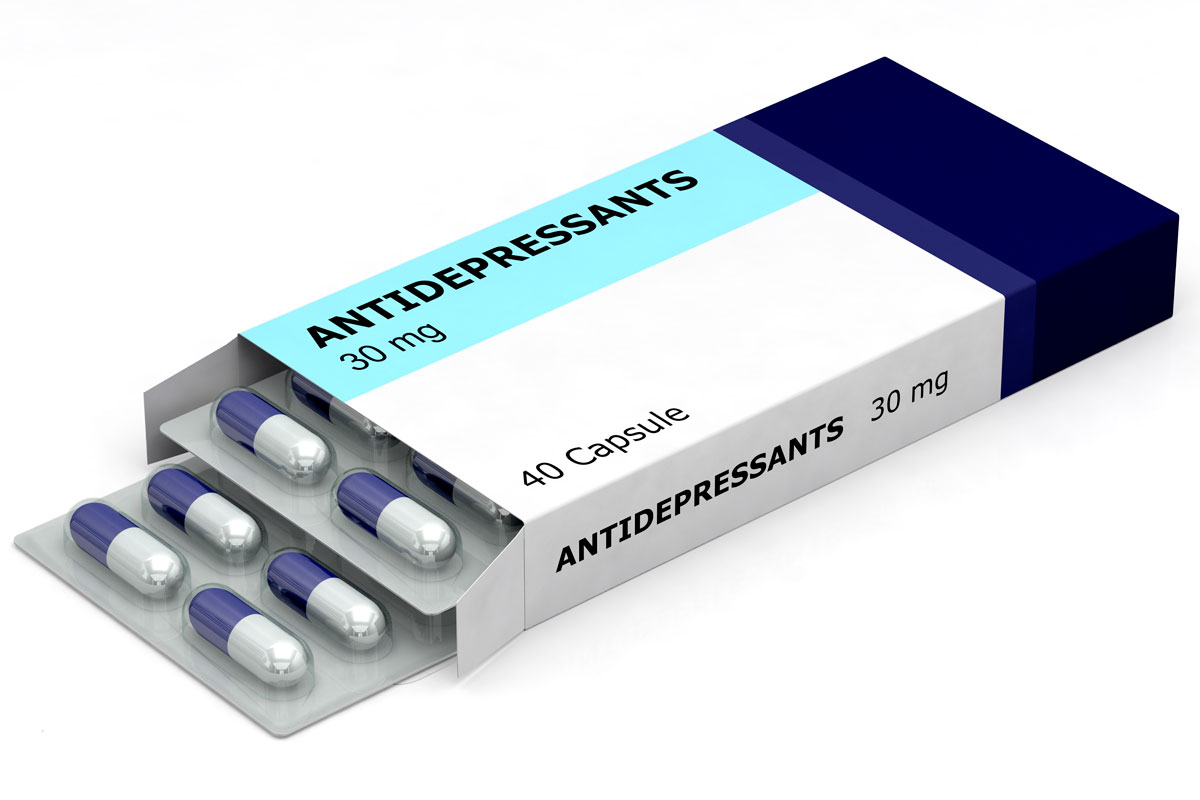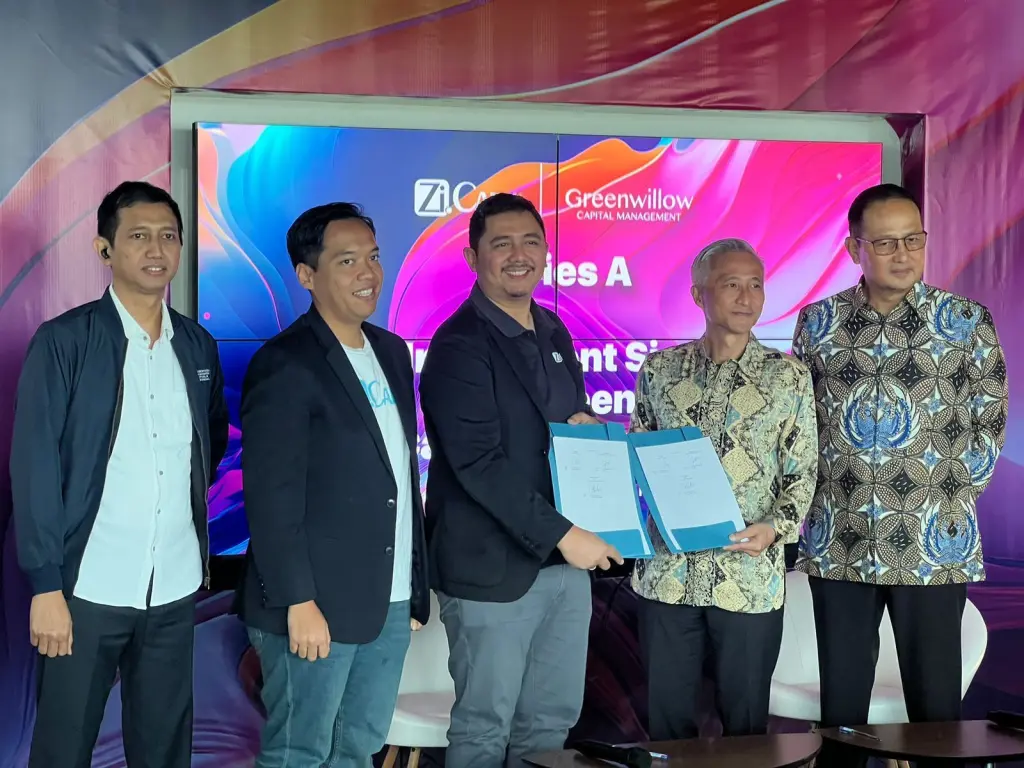The Seven Dimensions of Patient-Centered Care described by the Picker Institute Inc., an international non-profit organisation dedicated to advancing the principles of patient-centered care through education, research and the public recognition of best practices, provide an excellent starting point for any hospital to begin a customer focused improvement effort. These dimensions of care can be viewed from the image below.

Image credit : http://pickerinstitute.org/about/picker-principles/
I shall focus my discussion of this post with reference to two (2) out of these 7 dimensions, namely (i) involving information, communication and education and (ii) the involvement of family and friends.
As consumers (patients) or as member(s) of the patient’s family, many readers are already acquainted with the situation when you as the patient or as member(s) of the patient’s family believe that information is often being withheld from you or your family and that they are not being completely informed about their condition or prognosis. The patient or as member(s) of the patient’s family often experience anxiety over clinical status, treatment and prognosis, the impact of the illness on themselves and family, and the financial impact of illness.
Many readers will also be already acquainted with the situation when you as the patient will address the role of your family and friends with your hospital experience, often expressing concern about the impact your illness has on your family and friends.
In recognition of the needs of family and friends and the involvement of family and friends, a hospital and its doctors, nurses and other caregivers must accommodate family and friends on whom the patient relies for social and emotional support, and also give support for family members as caregivers as well as to support the patient “advocate’s” role in decision-making of the care process.

Image credit : http://fibrocarecenter.com/
It is only appropriate that any hospital dedicated to advancing the principles of patient-centered care through education provides patient/family education to enhance the patient/family knowledge, skills, and behaviours s/he needs to restore quality of life and make informed health care decisions.
Patient/family education is initiated at the time of admission and, as needed, throughout the patient’s stay at the hospital.
Education by the hospital staff is provided to patients and families when a patient or family directly participates in providing care (for example, changing dressings, feeding the patient, administering medications and treatments), they need to be educated.
Education focuses on the specific knowledge and skills the patient and family will need to make care decisions, participate in their care, and continue care at home. This is in contrast to the general flow of information between staff and the patient that is informative but not of an educational nature.
But in order to understand the educational needs of each patient and his or her family, assessments are done to evaluate if:
- the patient mutually meets established goals and objective
- ihe patient’s attitudes has changed
- the patient can cope better with illness imposed limitations
- identify the types of surgeries, other invasive procedures and treatments planned and if the patient understands the accompanying nursing needs
- the family understand health problems and know how to help
- the patient and family understand and can demonstrate skills the continuing care needs following discharge
This assessment permits the patient’s care givers to plan and to deliver the needed education. Once the educational needs are identified, they are recorded uniformly by all staff in the patient’s medical record. This helps all the patient’s caregivers participate in the education process.
Education is also provided as part of the process of obtaining informed consent for treatment (for example, for surgery and anaesthesia) when patients and families learn about the process for granting informed consent.
Overall, education by the hospital staff makes patients and families learn:
- about how to participate in care decisions
- about their conditions and any confirmed diagnoses
- their rights to participate in the care process
At hospitals that are Joint Commission International (JCI) accredited or seeking JCI accreditation status or re-applying for JCI accreditation status, they are required to comply with the JCI Standard PFE.2 which requires that each patient’s educational needs are assessed prior to providing the appropriate levels of education.
The JCI Standard PFE.2 also requires that a patient’s medical records should contain the patient’s educational needs assessment documentation. Such documentation includes the following:
- assessment and identification of educational needs
- the patient’s ability to learn/understand the information
- teaching interventions to meet identified needs
- the patient/family understanding of the instruction or education provided
Documentation of patient/family education could be located on a special form, for example a Multidisciplinary Education Form/ Patient Education Sheet or in progress notes.
I think it is appropriate that Health Information Management (HIM) / Medical Records (MR) practitioners should give comments when a hospital reviews, plans and decides the location and format for educational assessment, planning, and delivery of information in the patient’s medical record.
The JCI Standard PFE.2 is listed in the Medical Records Review Tool form to check for compliance against this standard during a Medical Records Review process.
References :
Diane, LK 2007, Applying quality management in healthcare : a systems approach, 2nd edn, Health Administration Press, Chicago, Illinois, USA
Joint Commission International 2010, Joint Commission International Accreditation Standards For Hospitals, 4th edn, JCI, USA
Picker Institute, Principles Of Patient-Centered Care, viewed 9 September 2012, <http://pickerinstitute.org/about/picker-principles/>
Sue, CD & Patricia, KL 2011, Fundamentals of Nursing: Standards & Practice, 4th edn, Delmar, Cengage Learning, NY, USA






























Pingback: Standards Concerning Medical Record Documentation – Part 1 | Medical Records Pals Malaysia